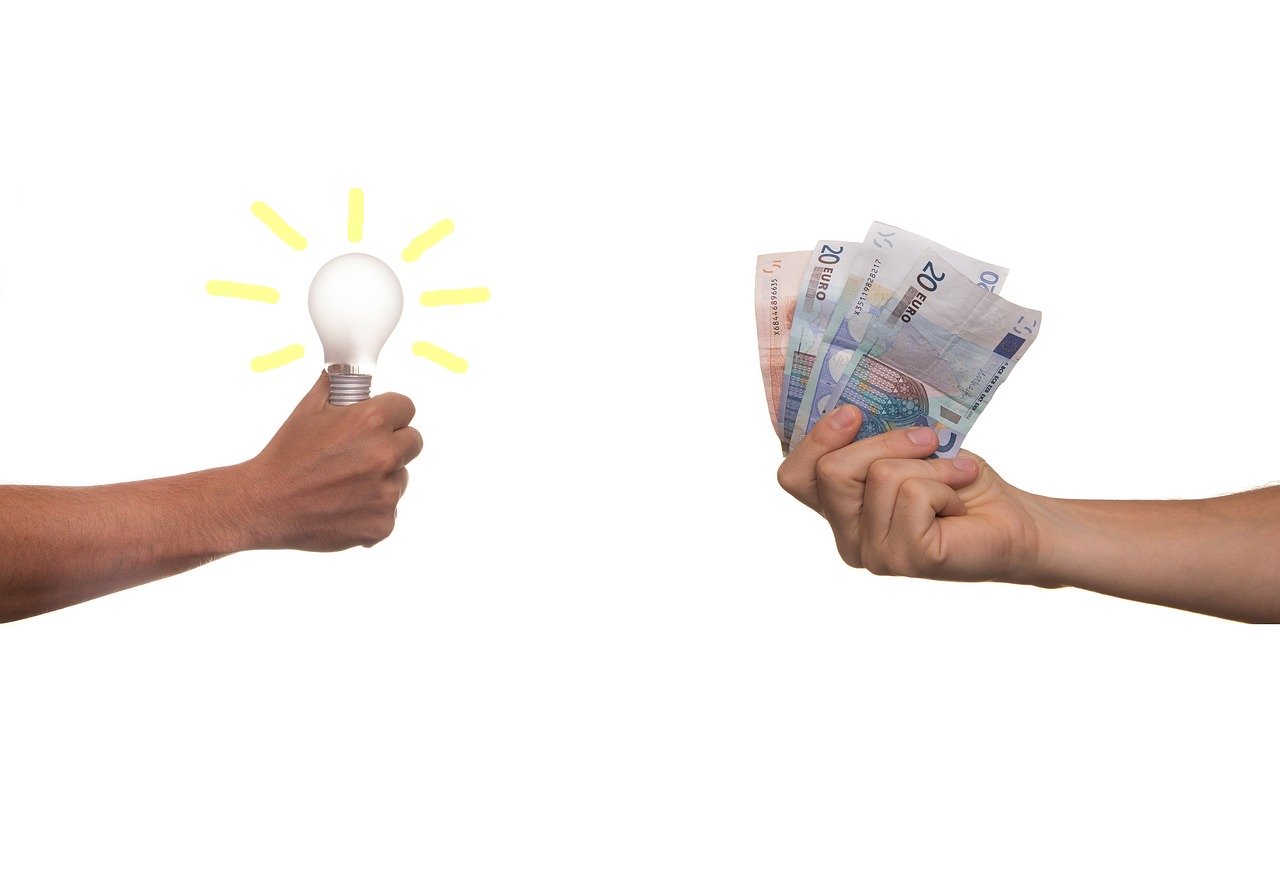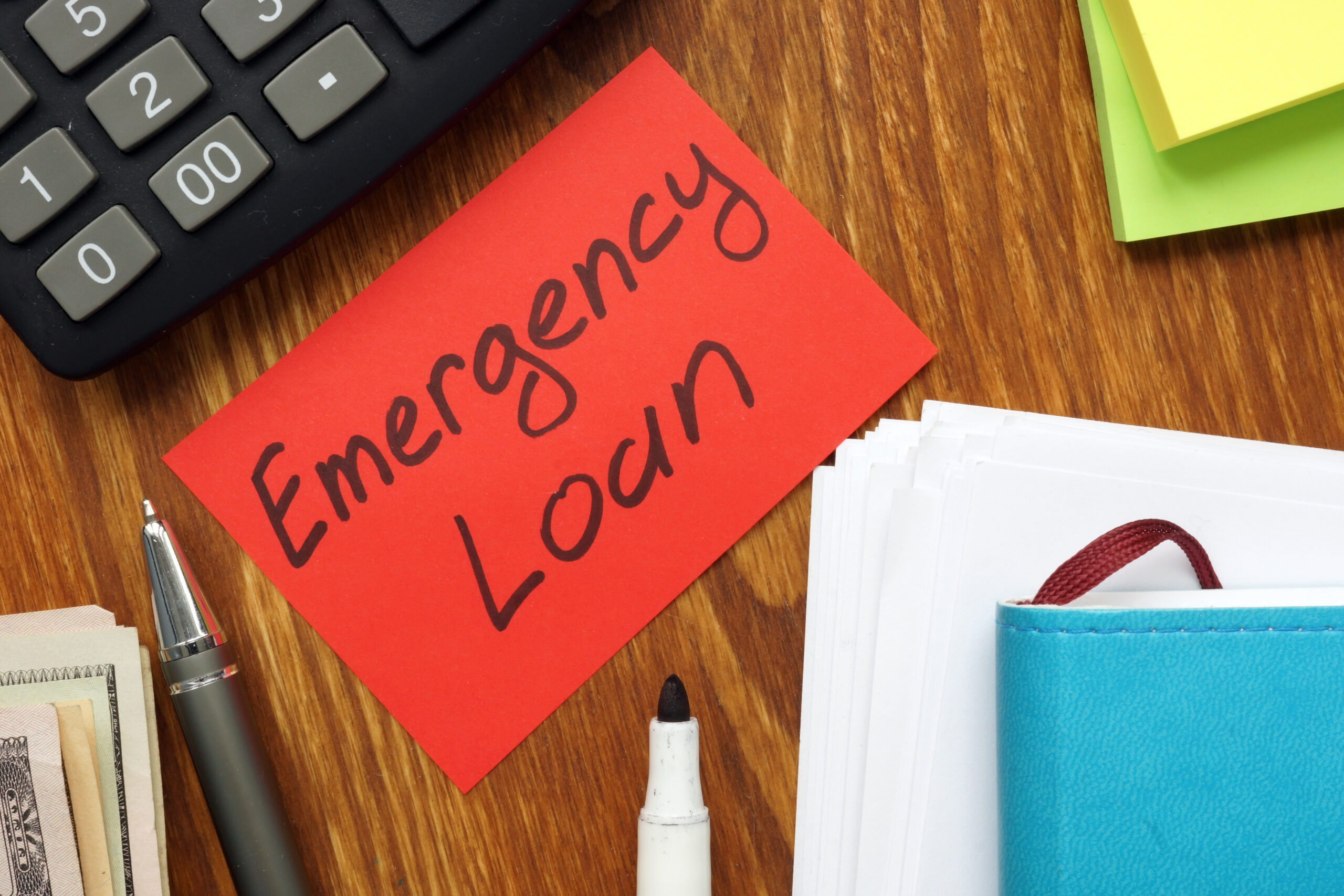Emergencies are part of life and we are all prone to unforeseen circumstances. Sometimes emergencies catch us with no prior preparation. They can lead to a lot of stress and trouble as you look for solutions for your financial distress.
Emergency loans enable you to take care of your emergencies then pay later. You can access them through various lenders, depending on the kind of situation you are in, your credit history, and the loan amount you need.
This article looks at what emergency loans are, the types of emergency loans, and how they work.
What are emergency loans?
When unforeseen events occur, shopping around for the most suitable loans with the best rates would be the last thing you want to do. That’s where emergency loans save the day.
Emergency loans refer to loans that a lender issues a borrower for unprecedented events. Such events include a car breakdown or a medical emergency that would otherwise leave a dent in your bank account. Emergency loans save you from potential financial hardships.
In contrast to conventional loans, emergency loans are usually unsecured. This means that you don’t need to use your property, such as your home or car, as collateral. Also, they don’t dictate how you should use the money. This is unlike other loans, such as mortgages or car loans, where you are restricted from using the funds for a specific purpose.
The proceeds from an emergency loan are usually deposited in your bank account within a short time. In most cases, the processing period is one or two business days. This is generally influenced by the lender and the details of the application.
Types of emergency loans

There are several options to consider when you need an emergency loan. Depending on your credit, the type of emergency loans you are eligible for include:
1. Personal loans
Personal loans typically have few restrictions and are flexible for emergencies. You can qualify for one with a good credit score and income. Personal loans are also referred to as signature loans.
Lenders, like iCASH, assess your creditworthiness as they review your personal loan application.
Personal loans are usually instalment loans. This means they are given in lump sum, so you have to decide how much you need before you apply. They have fixed interest rates.
The period is taken between loan application and approval typically depends on the lender. Also, you don’t need to borrow a specific amount.
For example, you might only need $1500 to repair an electronic appliance. The rule of thumb is to only apply for an amount you desperately need, and you are comfortable paying back.
Interest rates also differ depending on the lender and your credit score. They can range from single digits to 100 per cent. Make sure you are aware of this before applying.
2. Credit card cash advances
A credit card cash advance is an amount you borrow on your credit card against your credit limit. Think of it like withdrawing money from your bank account through an ATM, but this time the cash comes from your credit limit. This means that you have to pay back this amount with interest.
Credit card companies typically charge higher interest rates from cash advance transactions than for regular transactions. The interest starts accruing immediately after you take the cash out, so be careful with how much money you request. There is also a processing fee involved, which can be around 5 per cent of the transaction amount.
Credit card cash advances don’t have set repayment terms. This means you should be careful with them, so you don’t take several years.
Also, note that credit cards’ credit cash limit is usually lower than the account credit limit. So, if you have a $4000 limit on your card, you’ll get a lower amount in cash. You can ask your credit card company to know your limit.
3. Payday loans
Generally, a payday loan is a short-term loan that has to be paid by your next paycheck. The principal is typically a portion of your next salary and usually has a higher interest rate. The average annual percentage rate is usually around 400 per cent.
Payday loans are more popular as they are easy to qualify for. The credit requirements are also more flexible as some lenders don’t even perform credit score checks.
With payday loans, unlike personal loans, you have to pay the entire amount all at once.
The higher interest rates should tell you that you should take caution with these loans. If not careful, they can lead to more debt as you only have around two weeks to have sorted the emergency and raised the repayment amount. You could get stuck in a vicious cycle where you borrow more money as you try to clear your payday loan.
How do I get an emergency loan?

When going through a financial emergency, your first instinct is to try and get the cash as quickly as possible. Here are steps to consider before you make the crucial step:
1. Credit score
Your credit score is a factor you should consider before knowing which loan you are eligible for. For example, with a credit score of 580 and above, you can access favourable interest rates and loan terms with a personal loan, compared to other emergency loans.
Also, with a poor credit score, some lenders offer short-term loans with more favourable terms than personal loans. Therefore, you should take some time to check your credit score to know which options you are most likely to be eligible for.
2. Check various lenders
Like you would with other types of loans, take some time to shop around and compare different interest rates and loan terms from different lenders when taking an emergency loan. Fortunately, you can even use various online resources to check rates offered by multiple lenders based on your credit score. Doing a little research could save you big, as you may find that Bloomington loans fit your needs better than others.
This process ensures that you pick the lender with the most favourable terms, and who’ll save you the most money.
Also, if you have multiple credit cards and you are considering credit cash advances, check the interest rates and cash advance fees for all credit cards. This can help you know which credit card charges you the least.
Check the credit card limits as well, so you know which one can offer you the money without having to tap too many credit cards.
3. Consider loan alternatives
Make sure that you’ve considered all the available loan options before you decide to apply for a payday or personal loan. You may even be surprised to find specific niche options for your emergency need.
How should I choose an emergency loan?
There are several steps you need to go through when choosing an emergency loan. They include:
1. Payment period
Prompt reception of money is a vital factor to consider when choosing an emergency loan. You should go for lenders who offer short payment periods in case you want to get the funds just in time to resolve your financial distress. iCASH provides same-day approval, as explained in this video: https://www.youtube.com/watch?v=1g2xYuMJpDQ
Several others offer instant and same-day funding. Remember that this can be for small amounts and can incur higher interest rates. You can find this information on most lenders’ websites.
2. Loan fees
Various lenders have different loan fees. Ensure you are aware of all stipulations associated with the loan, so you don’t feel cheated if you receive a less amount than you’d applied for.
Some lenders say they have lower interest fees, but recoup this in their loan fees. Make sure you also check the interest fees before you make the final decision.
3. Repayment schedule
Depending on the type of loan, you might have to repay the loan in a lump sum or instalments. Also, the lender may offer you a flexible repayment plan.
Some may allow you to skip a repayment or change the repayment structure. Others may allow you to make early repayments, while others may have penalties for late repayment.
Prepare for your next emergency

Emergencies are unforeseen events. No one can predict when the next crisis will happen or what effects it’ll have on them. It is therefore essential that once you’ve recovered from one, you start preparing for the next. The most essential step would be to start setting aside money for emergencies.
Fortunately, some banks allow you to have more accounts specifically for this purpose. It might be difficult when running on a shoestring budget, but even the tiniest of finances can have a considerable difference in weathering the next financial distress.
Also, improving your credit score will significantly affect ensuring you can access more financing options in the future. Check your credit report to tackle any issues that may be a stumbling block to loan accessibility. Make sure you pay your bills on time and keep your credit card balances low as well.
Please stay clear of debts unless you desperately need them. Though these measures can’t completely keep you safe from emergencies, they’ll put you in a better position to face troubles in the future.
Bottom line
No one ever desires to go through financial distress, but it is unavoidable. While prior preparation may help, not many people usually set aside money specifically for emergencies. This is why emergency loans come to their rescue.
However, before you settle for one, you should be sure of which kind of loan you are most eligible for, interest rates, and which lenders offer the most favourable terms.
Make sure that by the time you apply for a particular loan, you are sure of what you agree to. Also, be sure that you are comfortable repaying the loan to avoid any legal complications.

I am Adeyemi Adetilewa, an SEO Specialist helping online businesses grow through content creation and proven SEO strategies. Proficient in WordPress CMS, Technical Site Audits, Search Engine Optimization, Keyword Research, and Technical Writing (Portfolio).
I help brands share unique and impactful stories through the use of public relations, advertising, and online marketing. My work has been featured in the Huffington Post, Thrive Global, Addicted2Success, Hackernoon, The Good Men Project, and other publications.


